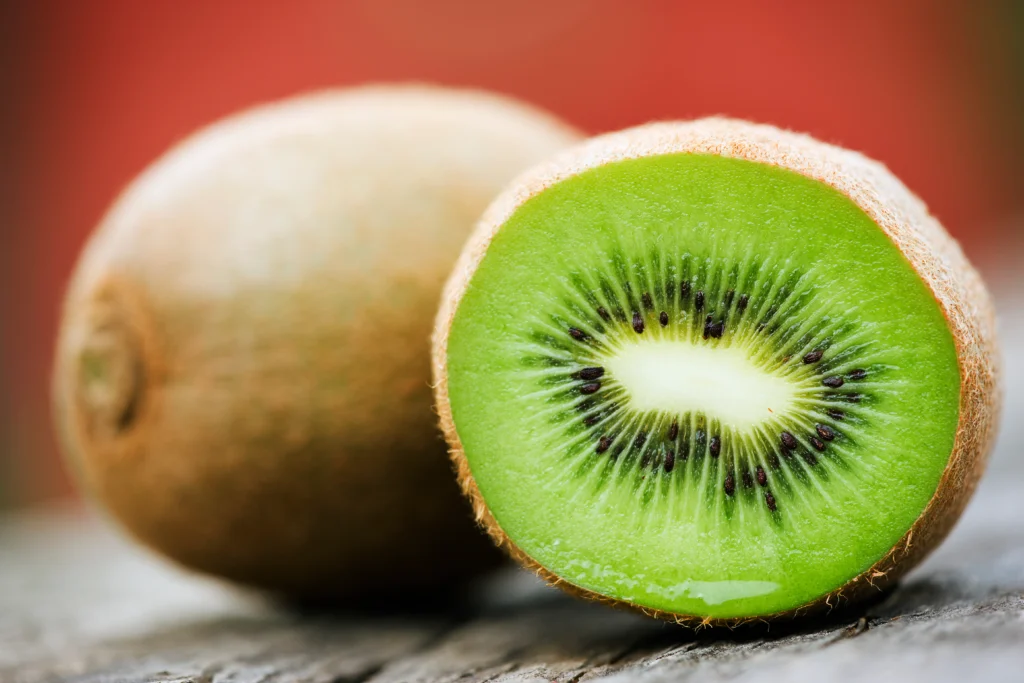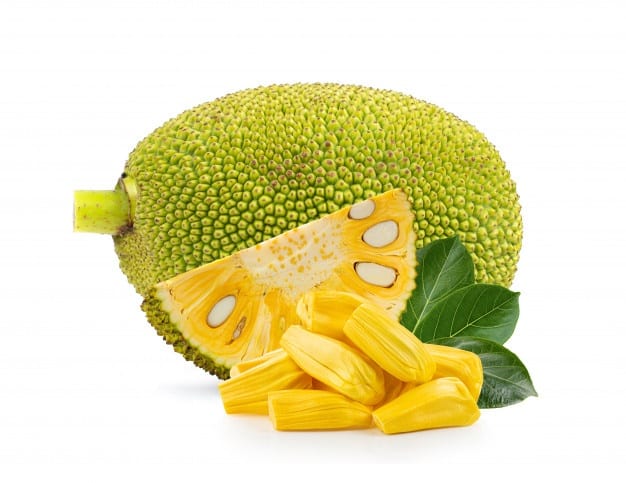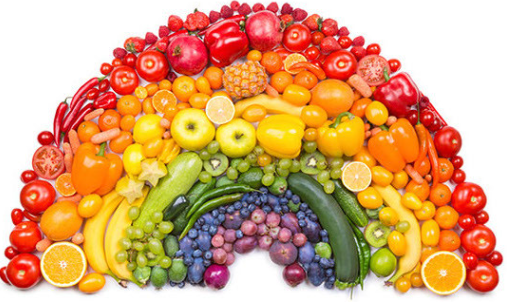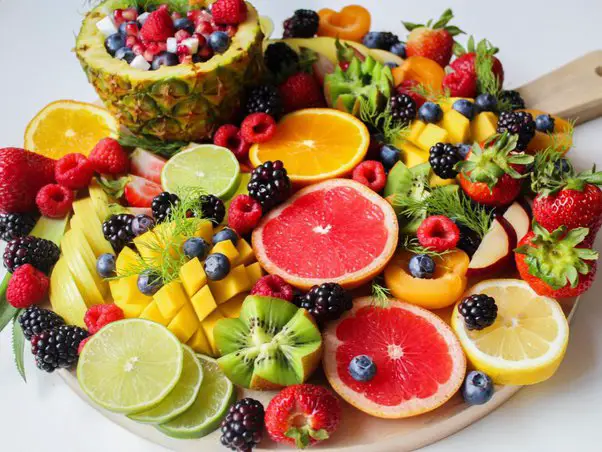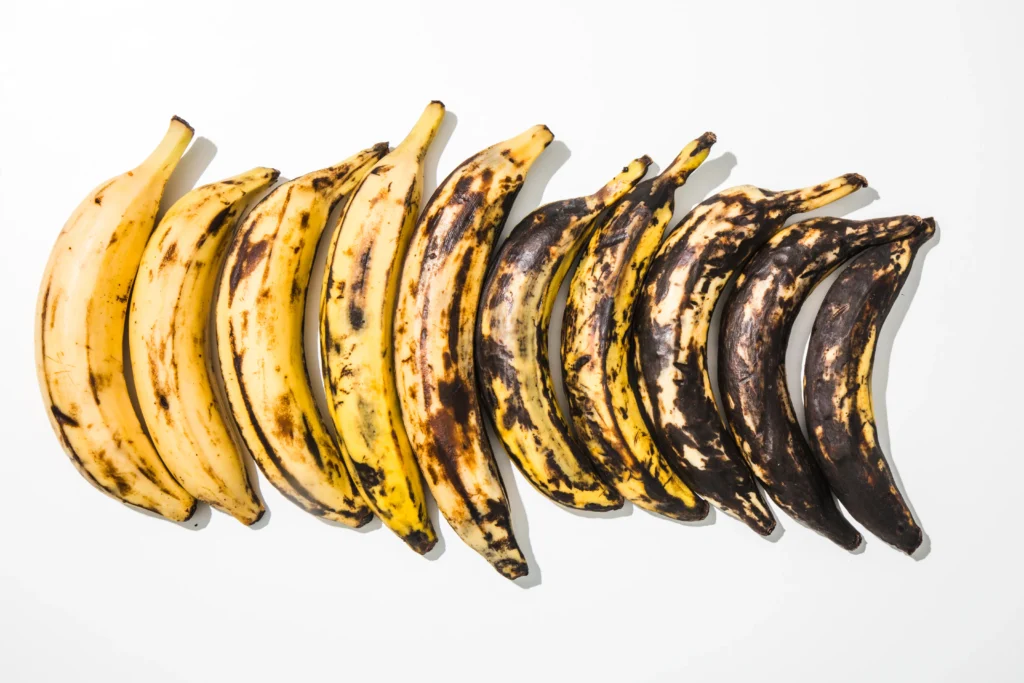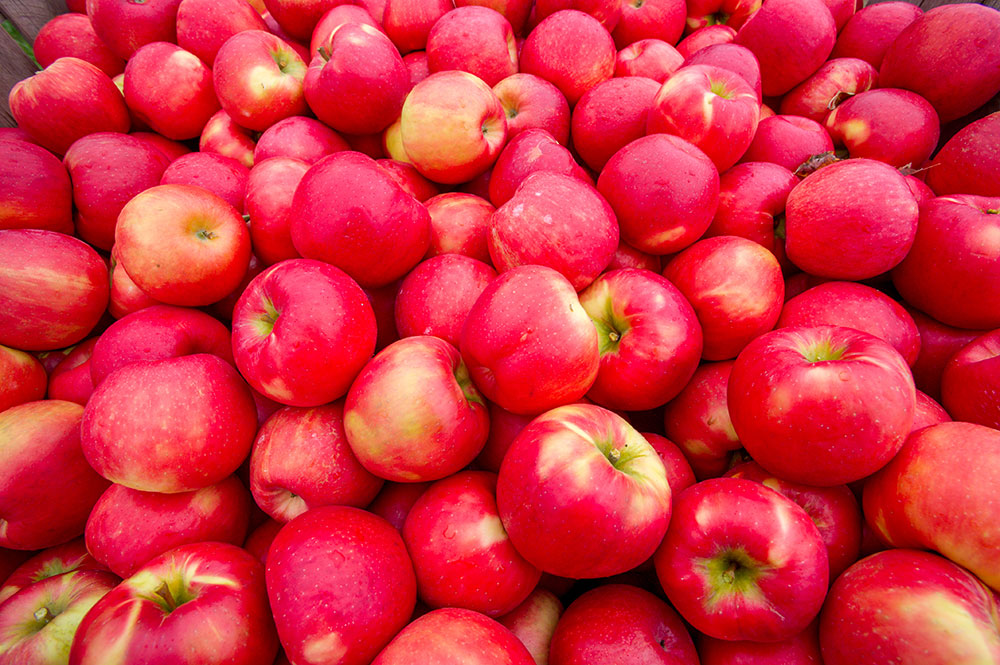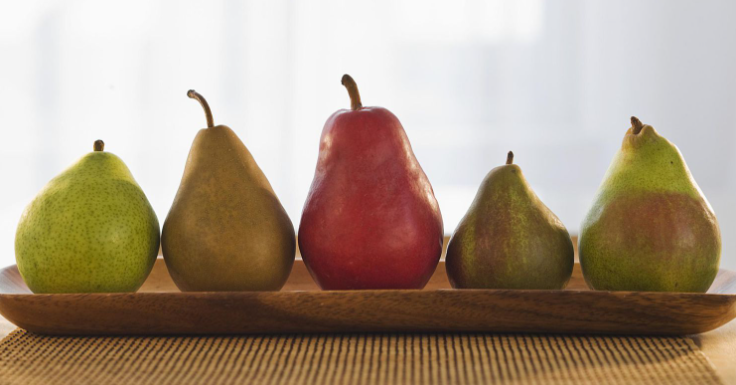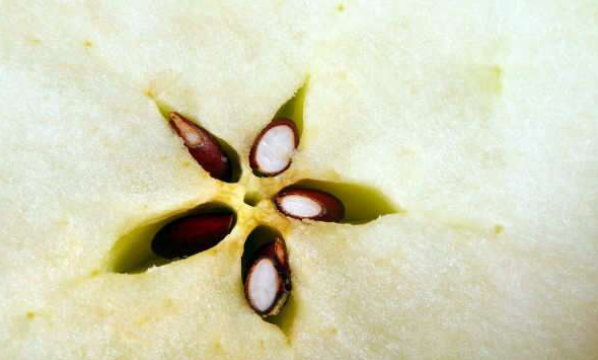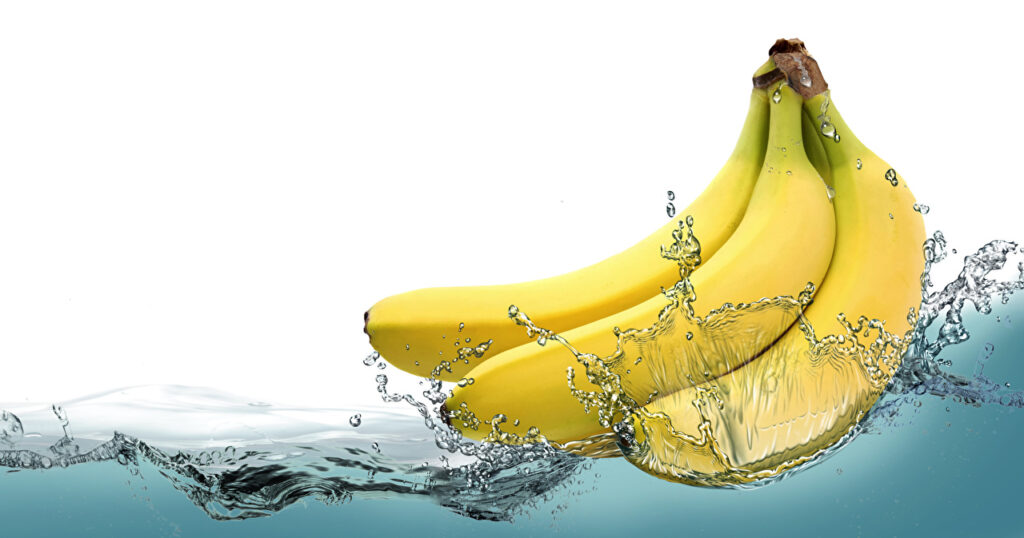Many people love eating pickles. They can be a crunchy snack, a tasty topping for burgers, or add flavor to all sorts of dishes. Pickles have been a favorite for a long time in many places around the world.
But it’s not always clear to everyone if pickles are a fruit or a vegetable. In this detailed guide, we’ll look at what scientists and chefs say about fruits and vegetables, and figure out where pickles fit in. So, let’s solve the mystery: are pickles a fruit or a vegetable?
Table of Contents
Understanding Fruits and Vegetables
First, we need to know how fruits and vegetables are defined by both scientists and cooks. In science, a fruit is the mature part of a flower plant that usually has seeds inside it.
A vegetable is any eatable part of a plant, like the leaves, stem, roots, or even the flower bulb. This means what scientists call a fruit or vegetable may be different from what we think of when cooking or eating.
When people cook, they usually use fruits as sweet treats or snacks, and vegetables are more for main meals or as side dishes. For example, even though tomatoes and avocados have seeds and are fruits scientifically, many recipes use them like vegetables.
What we call a fruit or vegetable in the kitchen can also change depending on where you are in the world and what the local cooking traditions are. All of this can make understanding what category pickles fall into quite confusing. Next, we’ll look at what makes a pickle and how they’re made.
The Making and Nature of Pickles
Pickles start out as cucumbers that are soaked in a mixture called brine, which has water, vinegar, salt, and sometimes sugar and spices. During the pickling process, the cucumbers sit in this mixture for a while which helps them change flavor and texture.
Cucumbers have a green, skinny shape with a waxy outer skin and a moist, soft middle. After they turn into pickles, they become more firm and get a strong, tangy taste.
There are many kinds of pickles, like dill, sweet, bread and butter, and Kosher dill pickles. Each kind has different flavors, from spicy and sweet to sour and garlicy, because of the ingredients used to make them.
People enjoy pickles by themselves, in sandwiches, burgers, salads, and even cooking recipes like pickle soup or as toppings for hot dogs. This makes pickles a very flexible food that is enjoyed in so many ways around the globe.
The Final Verdict on Pickles
If we look at the science of plants, pickles are a fruit because they come from cucumbers, and cucumbers are a fruit since they have seeds and come from the flowering part of the plant.
Pickled cucumbers, what we call pickles, get their unique taste from the brine they’re soaked in. While we might think of them as vegetables because that’s often how we eat them, scientists would disagree.
In cooking around the world, pickles are eaten like a vegetable because of their strong and savory flavor which fits well with other savory foods. This is a great example of how there can be two ways to see whether something is a fruit or vegetable.
So, to wrap it up, pickles are really a fruit when you go by the scientific definition. But in the kitchen and on our plates, we mostly think of and use pickles as if they were a vegetable.
FAQs
Is A Pickle A Cucumber?
Indeed, a pickle starts off as a cucumber that undergoes a pickling process. This involves being submerged in a mixture commonly consisting of water, vinegar, salt, and at times, a bit of sugar and assorted spices. During the pickling time, cucumbers are left to soak in this solution, where they ferment and take in the savory tastes of the brine.
Are Pickles Vegan?
Certainly, pickles can be included in a vegan diet. They begin as cucumbers and are transformed through pickling in a mixture that includes water, vinegar, salt, and occasionally sugar and spices. Since these components are plant-based and not derived from animals, pickles are perfectly suitable for those following a vegan lifestyle.
Are pickles a good source of probiotics?
Pickles can indeed serve as a beneficial source of probiotics, which are kinds of live bacteria and yeasts that promote a healthy digestive system. To gain these benefits, one should consume pickles that have undergone natural fermentation, as opposed to those prepared with vinegar, since it’s the fermented variety that is rich in probiotics.
Is Pickling The Same As Fermentation?
The methods of pickling and fermentation are distinct techniques used to preserve food. Pickling typically involves submerging foods like cucumbers into a solution based on vinegar. On the other hand, fermentation is the process where naturally present bacteria convert the sugars in food, giving a tangy and sour taste. Although pickling can sometimes make use of the fermentation process, not all pickling uses it. Similarly, not every fermented food has been pickled.
Can you make pickles at home?
Absolutely, you can craft pickles in your own kitchen using straightforward ingredients and simple equipment. To make homemade pickles, the essential components are cucumbers, water, vinegar, salt, and flavoring like dill or garlic. Two primary home pickling techniques exist: quick pickling and fermentation.nnQuick pickling is done by boiling a mix of vinegar and water, adding cucumbers and spices, and letting them marinate in the brew for a little while.nnFermentation, in contrast, requires a more prolonged time, where cucumbers steep in a saltwater solution, enabling natural fermentation and the development of a tangy taste.nnYou can attempt either approach at home with some jars, lids, and either a stovetop or just some counter space.
Are Pickles Healthy?
Adding pickles to your meals could be good for your health because they don’t have many calories or fat and are filled with fiber. They also have vitamins and minerals, like vitamin K and potassium. Still, it’s good to keep an eye on how much sodium you eat when you have pickles because they usually contain a lot of salt from the pickling liquid. nnIt’s also wise to be careful with store-bought pickles; some may have extra sugar or preservatives added. Always check the label to make sure you’re choosing pickles with simple, natural ingredients.
